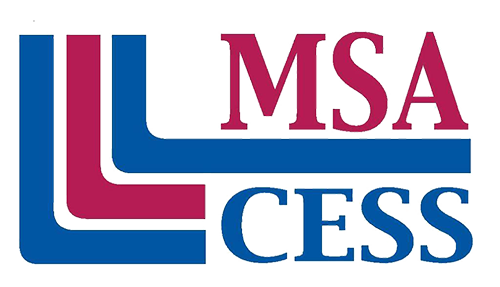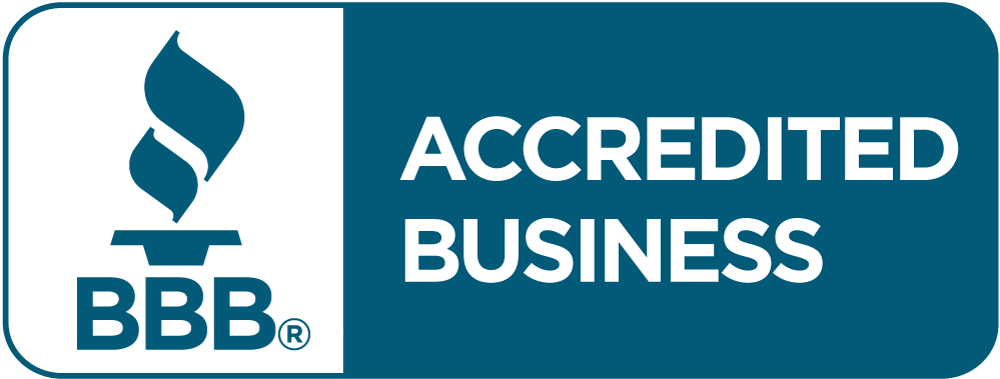Earning a Medical Assistant certification from a nationally recognized body is a big plus. In fact, 83% of employers say it’s a hiring preference. With several different certifications available, which should you choose? In this post, let’s compare the NHA vs AAMA Medical Assistant certifications.
NHA vs AAMA: What Is The Difference?
Medical Assistant certifications from the NHA and the AAMA have several differences in their certification requirements, eligibility criteria, and focus areas. Here’s a breakdown:
Certifying Organizations:
- National Healthcareer Association (NHA): Offers the Certified Clinical Medical Assistant (CCMA) certification.
- American Association of Medical Assistants (AAMA): Offers the Certified Medical Assistant (CMA) credential.
Eligibility Requirements:
- NHA (CCMA):
- Requires a high school diploma or equivalent and completion of a recognized Medical Assistant program within the past 5 years.
- AAMA (CMA):
- Requires graduation from a CAAHEP‑ or ABHES‑accredited Medical Assisting program, or eligibility through their alternative pathways.
Exam Format and Content:
- NHA (CCMA):
- Focuses on clinical and administrative duties such as patient care, medical ethics, and office procedures. The exam includes questions on:
- Anatomy and physiology
- Infection control
- Phlebotomy
- Medical terminology
- Focuses on clinical and administrative duties such as patient care, medical ethics, and office procedures. The exam includes questions on:
- AAMA (CMA):
- Covers a range of Medical Assistant topics, including clinical, administrative, and general healthcare knowledge. The exam includes:
- Medical office management
- Clinical procedures
- Patient workflow
- Pharmacology
- Covers a range of Medical Assistant topics, including clinical, administrative, and general healthcare knowledge. The exam includes:
Recognition and Accreditation:
- NHA (CCMA):
- Widely recognized across the healthcare industry.
- Focuses more on entry-level positions and gears more towards clinical than administrative roles.
- AAMA (CMA):
- Also highly recognized and accepted by many employers.
- Appeals to candidates with both clinical and administrative backgrounds.
Recertification:
- NHA (CCMA):
- Requires renewal every 2 years.
- Must complete 10 Continuing Education (CE) credits.
- AAMA (CMA):
- Requires renewal every 5 years.
- Must complete 60 recertification points, including at least 10 points each in the administrative, clinical, and general categories. At least 30 points must come from AAMA‑approved sources.
NHA vs AAMA: Which MA Certification Is Right For Me?
At ACI Medical & Dental School, we are proud to offer Medical Assistant certification from the NHA. Through our program, you can get certified as a CCMA in just four months. The NHA’s certification offers several advantages that make it a smart choice for many students and employers.
- Broad Recognition Across the Industry
NHA certifications are accepted by healthcare organizations nationwide, including major hospital systems, outpatient clinics, and specialty practices. In some markets, employers specifically seek CCMA-certified candidates, giving it a hiring advantage over other credentials. - Tailored for Entry-Level Success
The CCMA is designed to reflect the real-world duties of an entry-level Medical Assistant, with a strong balance of clinical and administrative skills. This makes it especially appealing for recent graduates eager to begin working in direct patient care or office support roles. - Easier, More Manageable Recertification
The CCMA requires renewal every two years with just 10 Continuing Education (CE) credits. In contrast, the AAMA’s CMA requires 60 recertification points every five years, including specific category requirements, making NHA’s process simpler and more flexible for busy professionals. - Strong Emphasis on Clinical Skills
The NHA exam prioritizes hands-on competencies such as phlebotomy, EKG administration, and patient care technician (PCT) – skills that are essential in many clinical environments and highly valued by employers. - Built-In Support and Study Resources
NHA provides robust preparation tools, including online study guides, practice exams, and review modules. These resources are often integrated into our program, helping students prepare confidently and efficiently. - More Accessible Eligibility Requirements
While the AAMA limits certification eligibility to graduates of CAAHEP- or ABHES-accredited programs, the NHA offers a more flexible pathway for those who have completed recognized training programs within the past five years, making certification more attainable for a broader range of candidates. - High Employer Demand
Employer surveys show that CCMA-certified Medical Assistants are in strong demand because the credential aligns closely with the day-to-day responsibilities of both outpatient and clinical settings. - Career Marketing Tools
The NHA offers digital badges and other professional branding resources that allow certified Medical Assistants to showcase their qualifications online, making it easier to stand out in competitive job markets.
For students and recent grads aiming for clinical or admin roles, the NHA’s CCMA certification offers faster access, easier upkeep, and strong job relevance. Connect with ACI Medical & Dental School to learn how you can become CCMA-certified in just four months!
Also read:








